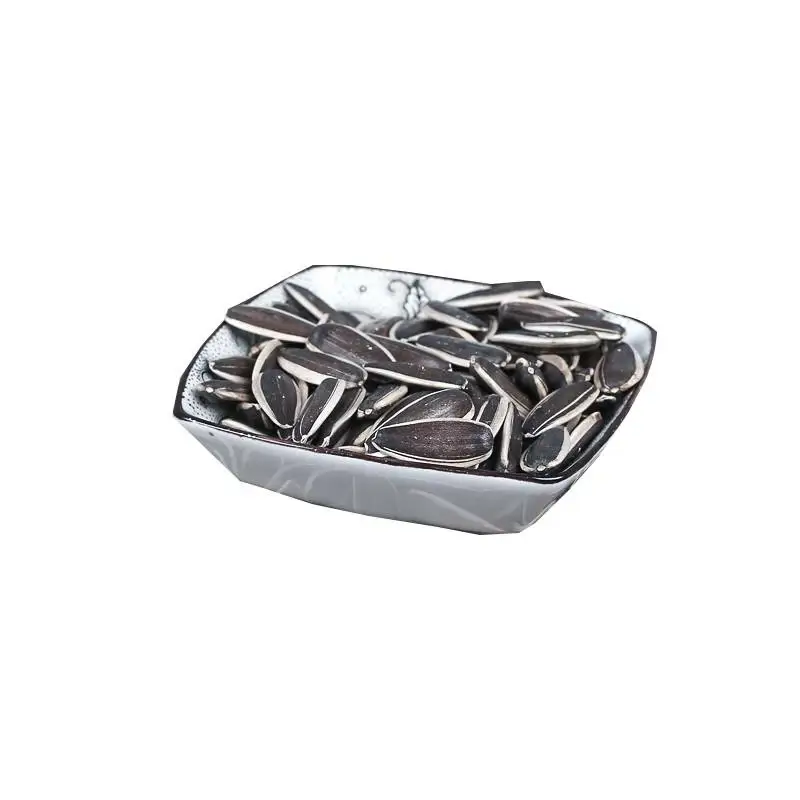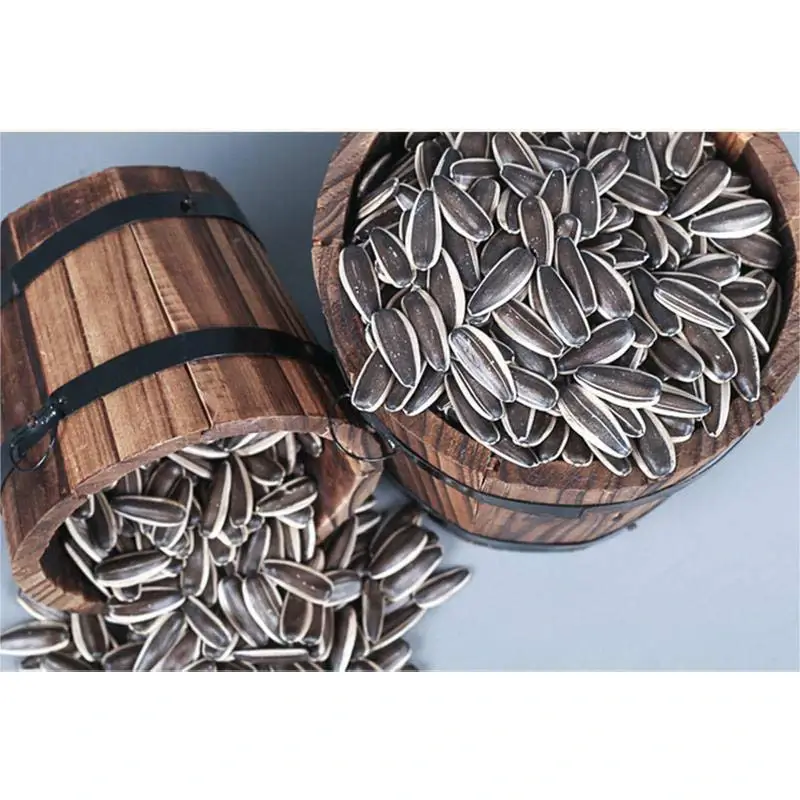-
 Afrikaans
Afrikaans -
 Albanian
Albanian -
 Amharic
Amharic -
 Arabic
Arabic -
 Armenian
Armenian -
 Azerbaijani
Azerbaijani -
 Basque
Basque -
 Belarusian
Belarusian -
 Bengali
Bengali -
 Bosnian
Bosnian -
 Bulgarian
Bulgarian -
 Catalan
Catalan -
 Cebuano
Cebuano -
 Corsican
Corsican -
 Croatian
Croatian -
 Czech
Czech -
 Danish
Danish -
 Dutch
Dutch -
 English
English -
 Esperanto
Esperanto -
 Estonian
Estonian -
 Finnish
Finnish -
 French
French -
 Frisian
Frisian -
 Galician
Galician -
 Georgian
Georgian -
 German
German -
 Greek
Greek -
 Gujarati
Gujarati -
 Haitian Creole
Haitian Creole -
 hausa
hausa -
 hawaiian
hawaiian -
 Hebrew
Hebrew -
 Hindi
Hindi -
 Miao
Miao -
 Hungarian
Hungarian -
 Icelandic
Icelandic -
 igbo
igbo -
 Indonesian
Indonesian -
 irish
irish -
 Italian
Italian -
 Japanese
Japanese -
 Javanese
Javanese -
 Kannada
Kannada -
 kazakh
kazakh -
 Khmer
Khmer -
 Rwandese
Rwandese -
 Korean
Korean -
 Kurdish
Kurdish -
 Kyrgyz
Kyrgyz -
 Lao
Lao -
 Latin
Latin -
 Latvian
Latvian -
 Lithuanian
Lithuanian -
 Luxembourgish
Luxembourgish -
 Macedonian
Macedonian -
 Malgashi
Malgashi -
 Malay
Malay -
 Malayalam
Malayalam -
 Maltese
Maltese -
 Maori
Maori -
 Marathi
Marathi -
 Mongolian
Mongolian -
 Myanmar
Myanmar -
 Nepali
Nepali -
 Norwegian
Norwegian -
 Norwegian
Norwegian -
 Occitan
Occitan -
 Pashto
Pashto -
 Persian
Persian -
 Polish
Polish -
 Portuguese
Portuguese -
 Punjabi
Punjabi -
 Romanian
Romanian -
 Russian
Russian -
 Samoan
Samoan -
 Scottish Gaelic
Scottish Gaelic -
 Serbian
Serbian -
 Sesotho
Sesotho -
 Shona
Shona -
 Sindhi
Sindhi -
 Sinhala
Sinhala -
 Slovak
Slovak -
 Slovenian
Slovenian -
 Somali
Somali -
 Spanish
Spanish -
 Sundanese
Sundanese -
 Swahili
Swahili -
 Swedish
Swedish -
 Tagalog
Tagalog -
 Tajik
Tajik -
 Tamil
Tamil -
 Tatar
Tatar -
 Telugu
Telugu -
 Thai
Thai -
 Turkish
Turkish -
 Turkmen
Turkmen -
 Ukrainian
Ukrainian -
 Urdu
Urdu -
 Uighur
Uighur -
 Uzbek
Uzbek -
 Vietnamese
Vietnamese -
 Welsh
Welsh -
 Bantu
Bantu -
 Yiddish
Yiddish -
 Yoruba
Yoruba -
 Zulu
Zulu
Mei . 30, 2025 08:20 Back to list
Premium Sunflower Seeds Bulk & Organic Supplier Export Quality
- Introduction: The Global Significance of Sunflower Seeds Production
- Market Data Insights: Consumption Trends and Growth Projections
- Technical Superiority: Modern Processing Innovations
- Industry Leaders Comparison: Key Manufacturers Analysis
- Customization Capabilities: Tailored Product Solutions
- Implementation Cases: Success Stories Across Industries
- Conclusion: Future Outlook for Sunflower Seeds Export Markets

(sunflower seeds)
The Remarkable Journey of Sunflower Seeds on a Sunflower Product
Global agricultural markets have witnessed transformative shifts in oilseed production, with sunflower cultivation expanding across six continents. Unlike many seasonal crops, modern hybrids thrive in diverse climates from Ukraine's plains to Argentina's pampas. This adaptability positions sunflower kernels as increasingly vital components in global food systems and industrial applications alike.
Market Data Insights: Consumption Trends and Growth Projections
Current sunflower seeds
consumption exceeds 55 million metric tons annually according to FAO reports, exhibiting consistent 5.3% yearly growth since 2020. The European Union imports over €2.8 billion worth of seeds annually, while Middle Eastern markets contribute significantly with 28% compounded annual growth since 2018. Health-conscious consumer trends further stimulate demand, with the North American snack market increasing purchases of roasted varieties by 120% over the past quadrennial cycle.
Technical Superiority: Modern Processing Innovations
Leading processors employ multi-stage cleaning systems that remove impurities to levels below 0.02% foreign material. Optical sorting technology guarantees 99.7% purity in premium-grade exports through hyperspectral imaging that detects subtle seed imperfections. Humidity-controlled storage facilities maintain optimal 8-10% moisture content, while specialized dehulling machinery achieves unprecedented 93% kernel recovery rates without structural damage.
Industry Leaders Comparison: Key Manufacturers Analysis
| Manufacturer | Annual Output (Metric Tons) | Core Technologies | Export Coverage | Certifications |
|---|---|---|---|---|
| Helianthus Global | 1,200,000 | Cryogenic dehulling, AI quality control | 72 countries | ISO 22000, Organic EU, FDA |
| Solaris Agritech | 950,000 | Robotic sorting, blockchain traceability | 58 countries | HACCP, Kosher, BRCGS AA+ |
| Golden Harvest Group | 780,000 | Steam pasteurization, biodegradable packaging | 41 countries | Fair Trade, Non-GMO Project Verified |
Customization Capabilities: Tailored Product Solutions
Progressive manufacturers accommodate highly specific client requirements through configurable processing parameters. Flavor infusion systems enable creation of over 27 proprietary seasoning profiles while automated sizing equipment delivers precise dimensional specifications within ±0.15mm tolerances. Private labeling programs support custom branding across packaging formats ranging from retail-ready pouches to 900kg bulk containers designed for industrial bakery operations.
Implementation Cases: Success Stories Across Industries
A major European bakery chain recently transitioned to premium sunflower seeds in sunflower manufacturer sourcing, achieving 28% production cost reduction while enhancing product texture consistency. In Asia-Pacific markets, snack manufacturers utilizing specialty low-sodium seasonings captured $127 million in premium segment sales within eighteen months of launch. Furthermore, leading poultry producers have improved feed conversion rates by 4.2% through optimized protein content specifications in their seed procurement contracts.
Why Global Industries Turn to Sunflower Seeds in Sunflower Exporter
As agricultural technologies advance and sustainability priorities reshape procurement strategies, premier sunflower seeds exporters continuously refine their operational excellence. Leading processors now deliver vertically integrated solutions from proprietary seed development to climate-neutral transportation networks. With major commodities analysts projecting 30% expansion in global demand by 2030, these robust supply chains demonstrate remarkable resilience meeting evolving market requirements across nutritional, functional and economic parameters.

(sunflower seeds)
FAQS on sunflower seeds
Q: What are the key features of sunflower seeds on a sunflower product?
A: Sunflower seeds on a sunflower product are typically raw, roasted, or flavored. They are rich in nutrients like vitamin E and healthy fats. They’re often sold shelled or unshelled for snacks or cooking.
Q: How can I identify reliable sunflower seeds on a sunflower manufacturers?
A: Look for manufacturers with certifications like ISO or organic labels. Check reviews and industry partnerships. Ensure they follow quality control standards for seed processing.
Q: What advantages do sunflower seeds in sunflower exporters offer globally?
A: Exporters provide bulk pricing, customized packaging, and international logistics support. They often comply with global food safety regulations. Many source directly from trusted farms for freshness.
Q: Are sunflower seeds in sunflower products safe for dietary restrictions?
A: Most sunflower seeds are gluten-free and vegan-friendly. Always check labels for allergen warnings (e.g., processing with nuts). Organic options avoid additives for stricter diets.
Q: How do I source bulk sunflower seeds from a sunflower exporter?
A: Contact exporters directly via trade platforms or industry directories. Request samples and certifications. Negotiate terms like MOQ, shipping, and payment methods.
-
Premium Sunflower Seeds for Healthy Snacking & Cooking
NewsJul.25,2025
-
Premium Quality Pistachios - Fresh, Healthy & Delicious Nuts
NewsJul.24,2025
-
Premium Crab Sticks – Delicious, Easy-to-Use Seafood Snack
NewsJul.23,2025
-
Buy Bulk Sunflower Seeds Exporter – Premium Quality & Competitive Price
NewsJul.22,2025
-
Premium Melon Seeds | Nutritious Snack & Baking Ingredient
NewsJul.22,2025
-
Bulk Sunflower Seeds Suppliers | Wholesale & Export
NewsJul.21,2025
